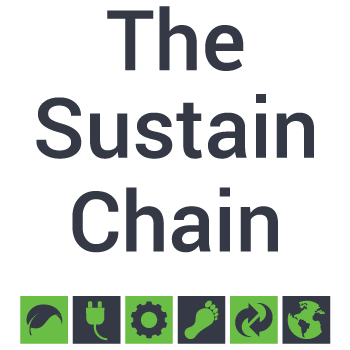Why are Tote Bags Better than Plastic Bags?
Tote Bags are becoming common among consumers for daily chores. Plastic bags have a significantly bad impact on the environment, and people are starting to try and avoid using them. Many countries and companies are trying to increase the use of recyclable bags, let’s take a look at some of the differences between tote and plastic bags and find out why.
Multiple Use Vs Single-Use
Tote bags are made of canvas or jute fabrics. They are lightweight and can be used repeatedly, with an average lifespan of almost a year. You do need more resources to make a single tote bag in comparison to a plastic bag but plastic bags are often manufactured for single use meaning there is more waste to recycle or dispose of.
Big shops are adapting to cotton bags and trying to encourage customers to use them. The Tote bag trend has been part of our society since the 1980s but now we need to extend the use of tote bags even further and save our future from huge single-use plastic bag waste.
Environment-Friendly VS Environment Hazard
Plastic bags are a big environmental hazard for all life forms on the planet. It takes around 20 years for a plastic bag to degrade completely. Besides, it is also very expensive to recycle and so they often end up in landfill or bodies of water, where they remain for years. This pollutes the environment and creates environmental issues for living creatures.
On the other hand, tote bags are made up of degradable fabrics, which breakdown way faster than plastic bags. If you truly believe in a better future for the upcoming generation, then a tote bag should be your ultimate choice!.
Premium Fashion VS Cheap Fashion
Tote bags are not only for your groceries; you can also use them like a lady’s purse. It brings a new individuality and fashion to every aspect of life. You can find multiple personalised tote bag options according to your fashion sense.
Plastic bags are not that versatile when it comes to fashion. Most often, they are meant for single use and have no elegant look. The tote bag has the ability to transform your daily fashion in a tasteful way.
Thick VS Thin
Reusable tote bags are made of cotton or woven fibers. These kinds of materials make the tote bag thick and durable. You can carry more things in a tote bag in comparison to a thin plastic bag. Plastic bags are made of polyethene.
It creates elasticity on the plastic bag when you take heavy weights. If you are looking for a bag that can carry heavy weight, then a tote bag should always be your first choice. The cotton or jute-made tote bag is lightweight but has the ability to carry lots of goods.
Premium Brand Choice VS Non-Branded Option
The decoration on a tote bag is more symbolic in comparison to a plastic bag. You can make a personalised tote bag with embroidered design. Carrier bags usually have the branding of the company you are shopping with (such as a supermarkets). In countries like the UK where you usually have to pay for plastics carrier bags, you are being charged to advertise their business for them as they usually have their branding and company name in big print on every bag you purchase.
There is an urge from environmentalists to shift towards a more sustainable option, like a tote bag. Plastic bags are already unchecked by most of the top brands and companies. In the future, tote types bags are going to acquire the biggest share of the packaging market.
Final Verdict
Tote bags and plastic bags are both used on a daily basis. It is clear from the comparison that a tote bag is a better option than plastic bags. They are environment-friendly, long-lasting, thick, and can carry heavy weights.
New generations are already going with the trend of using customised tote bags. I hope you have a clear view of why it is significant to shift from plastic bags to tote bag options.
Article by Amirul Hye, Print Britannia

Make sure you visit The Sustain Chain Toolkit to access a wide-range of resources designed to help make the workplace and our homes more sustainable while reducing our environmental impact. The Toolkit can be accessed for FREE via the IoSCM website.
